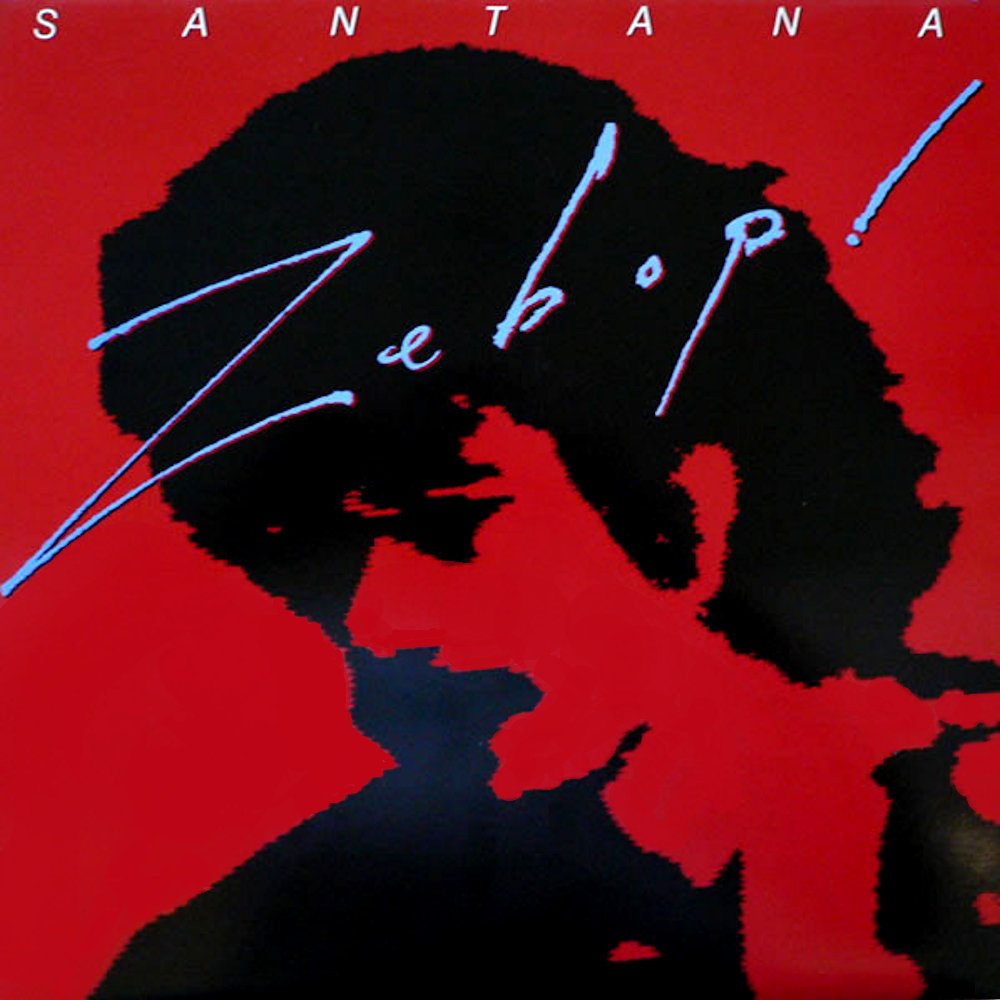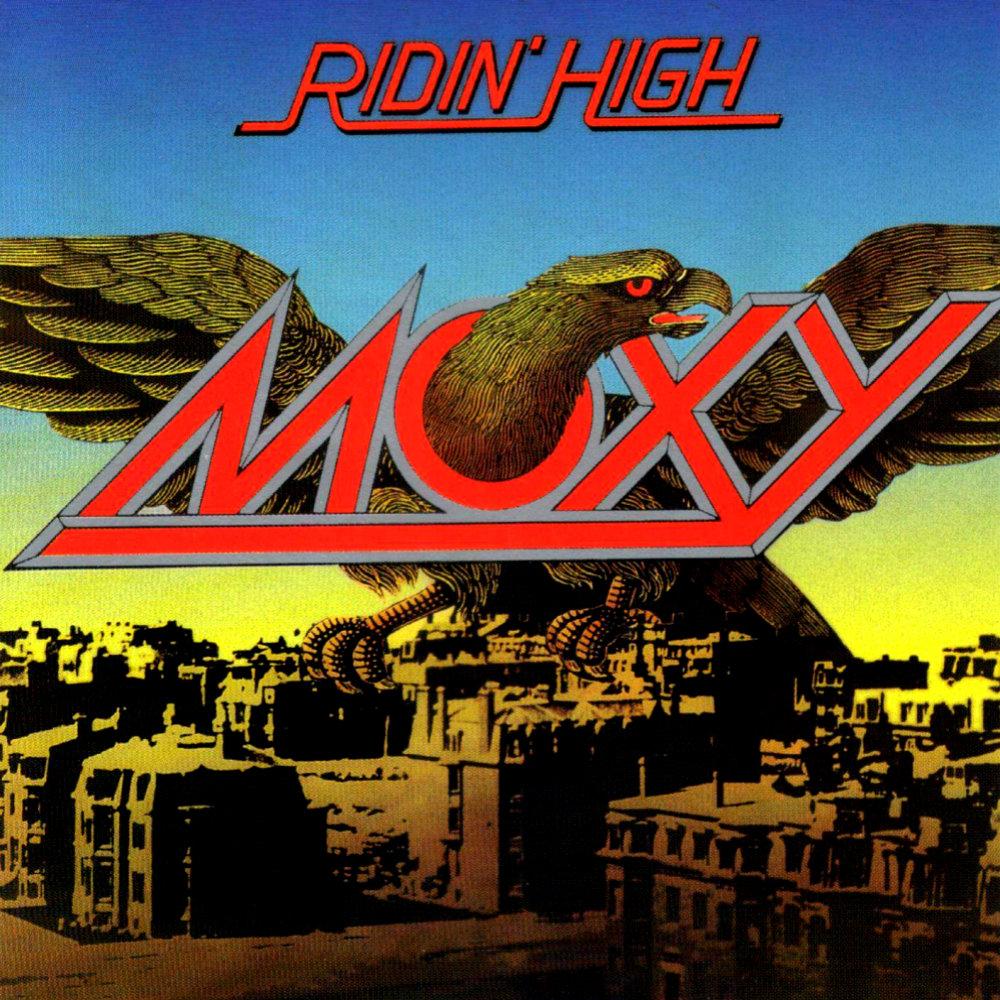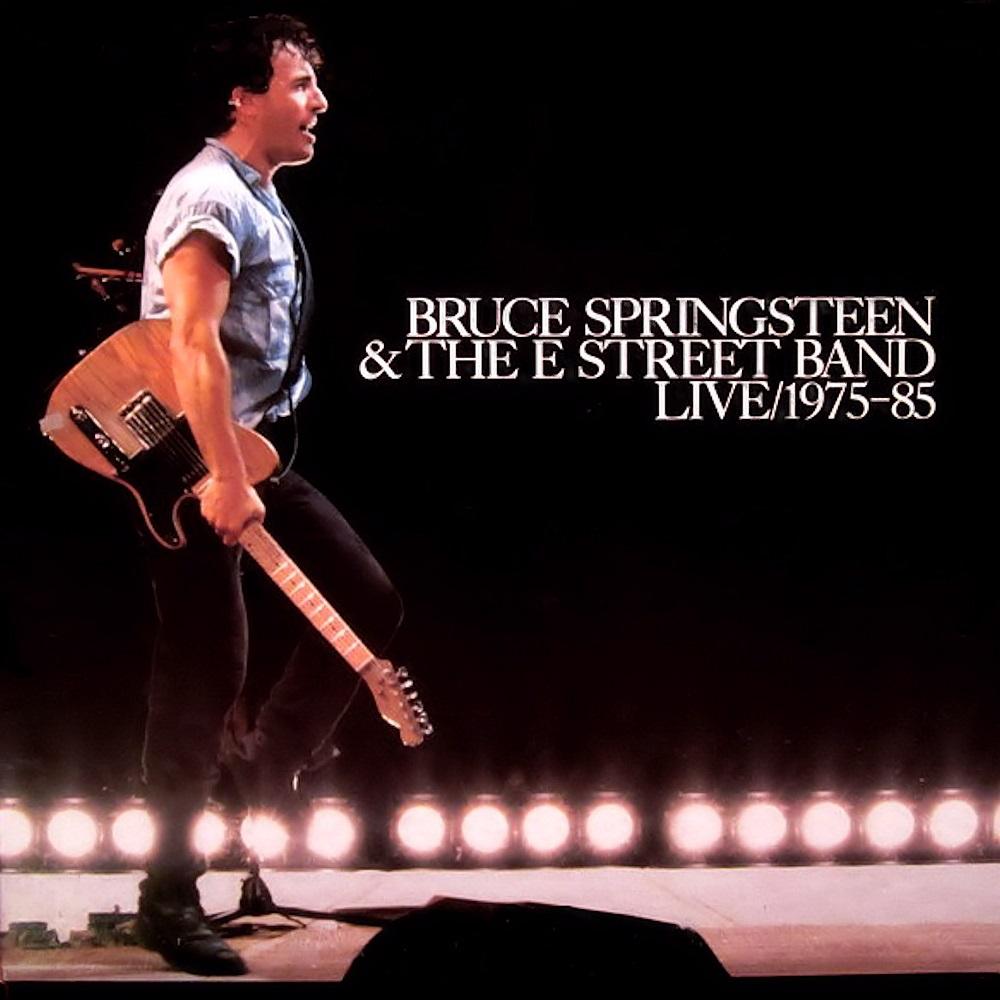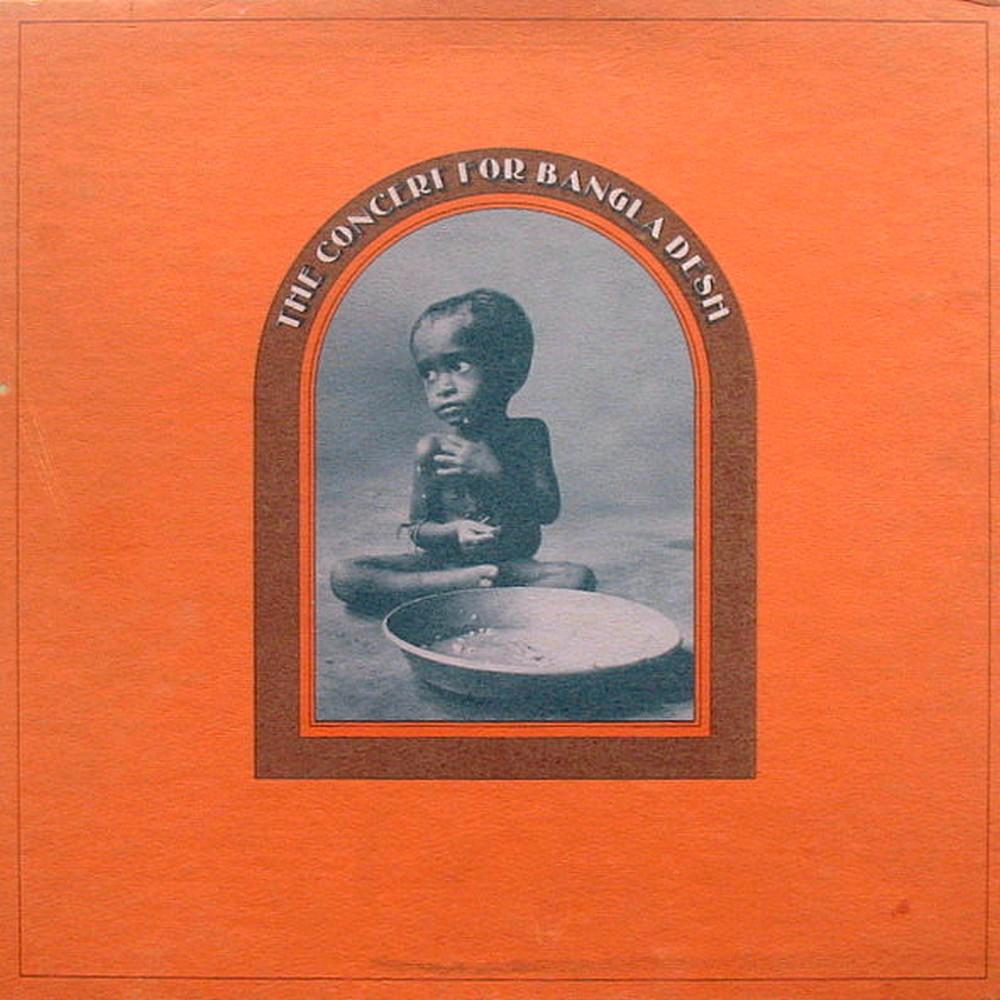
Album Information:
Album ID: 9642
About Santana:
Santana is a Mexican-American musician and guitarist who is widely regarded as one of the greatest guitarists of all time. Born in Autlán de Navarro, Jalisco, Mexico, on July 20, 1947, Carlos Santana moved to San Francisco in the early 1960s with his family. He began playing the guitar at a young age and was heavily influenced by blues and rock music. Santana's style is characterized by a unique fusion of rock, blues, and Latin American music.
Santana began playing in bands in San Francisco in the late 1960s. He formed his own band, Santana, in 1969. The band's first album, 'Santana,' was released in 1969 and includes some of Santana's best-known songs, such as 'Evil Ways' and 'Soul Sacrifice.' The album's fusion of Latin rhythms, blues, and rock music helped to establish Santana's signature sound.
Santana's second album, 'Abraxas,' was released in 1970 and features some of the band's most popular songs, including 'Oye Como Va' and 'Black Magic Woman.' The album also earned the band their first Grammy Award nomination.
Throughout the 1970s, Santana continued to release albums and tour extensively. The band went through several lineup changes, but Santana remained the driving force behind the group. The late 1970s saw a decline in popularity for the group, but Santana continued to explore new musical directions, including jazz fusion and world music.
In 1999, Santana released 'Supernatural,' which marked a major comeback for the group. The album features collaborations with several high-profile artists, including Rob Thomas, Lauryn Hill, and Dave Matthews. It became one of the best-selling albums of the 1990s and earned Santana nine Grammy Awards, including Album of the Year and Best Rock Album.
Santana continues to tour and record new music today. He has released a total of 25 studio albums and is one of the most successful and influential guitarists of all time. His trademark sound and innovative style have inspired countless musicians over the years. Santana has also been recognized for his philanthropic work and activism, including his support for various charitable organizations and his advocacy for immigration reform.
About the album Zebop!:
Zebop! is the twelfth studio album by Santana, released in 1981. The album features a unique blend of rock, funk, and Latin-inspired rhythms that is emblematic of Santana's signature sound.
The album opens with 'Changes', a guitar-heavy track that sets the tone for the rest of the record. It's a fast-paced, high-energy song that gets you moving right away. The next track, 'E Papa Re', features vocals in Maori and Polynesian, and continues the upbeat feel with a grooving bassline and infectious percussion.
The album's lead single, 'Winning', is a straightforward rock song with catchy hooks and sing-along lyrics, making it a radio-friendly hit. 'Primavera' is a softer, more mellow track that incorporates smooth jazz elements and showcases Carlos Santana's virtuosic guitar work.
One of the standout tracks on the album is 'Hold On', a funky tune that features prominent horns and a driving rhythm section. The song's infectious groove and catchy chorus make it an instant classic.
Another notable track on the album is 'Searchin', a bluesy number with soulful vocals and a gritty guitar solo. The song has a raw, emotionally charged feel that is reminiscent of some of Santana's earlier work.
Zebop! also features a cover of the classic song 'Europa (Earth's Cry Heaven's Smile)', which Santana puts his own unique spin on with soaring guitar melodies and a Latin-flavored rhythm section. The album closes with 'Changes (Reprise)', a short instrumental that brings the album full circle with a reprise of the opening track's main riff.
Overall, Zebop! is a fantastic album that showcases Santana's eclectic blend of rock, funk, and Latin-inspired rhythms. With its catchy hooks, powerful guitar work, and infectious grooves, it's a must-listen for any fan of Santana's music or anyone looking for a soulful, high-energy listening experience.
Members:
Santana is a legendary Latin rock band formed in San Francisco in the late 1960s. The band has gone through many lineup changes over the years, but here are the key members of Santana and their biographies:
1. Carlos Santana
Carlos Santana is the band's founder and lead guitarist. Born in Autlán de Navarro, Mexico, in 1947, Santana moved to San Francisco in the early 1960s and formed the band that would later take his name. Often cited as one of the greatest guitarists of all time, Carlos Santana's unique style blends rock, blues, jazz, and Latin music. He has won 10 Grammy Awards and is known for hits like 'Black Magic Woman,' 'Oye Como Va,' and 'Smooth.'
2. Gregg Rolie
Gregg Rolie was Santana's original keyboardist and vocalist. Born in Seattle in 1947, he played with Santana until the early 1970s before leaving to form Journey. In addition to playing with Santana, Rolie was a founding member of the band's successor, Santana III. He was inducted into the Rock and Roll Hall of Fame as a member of Santana in 1998.
3. Michael Carabello
Michael Carabello is the band's original percussionist. Born in San Francisco in 1947, his Latin percussion work was a key element of Santana's sound in the band's early years. Carabello left Santana in the early 1970s but rejoined the band in the 1990s.
4. José 'Chepito' Areas
José 'Chepito' Areas was Santana's original drummer and percussionist. Born in León, Nicaragua, in 1946, Areas played with Santana until the early 1970s. His complex polyrhythms were an integral part of Santana's sound in the band's early years.
5. David Brown
David Brown was Santana's original bassist. Born in New York City in 1947, he played with Santana from the band's inception until the mid-1970s. Brown's melodic bass lines were an important part of Santana's sound in the band's early years.
6. Michael Shrieve
Michael Shrieve was Santana's drummer from 1969 to 1974. Born in San Francisco in 1949, he was only 19 when he joined the band. Shrieve's powerful drumming was a key element of Santana's sound, particularly on the band's landmark album, 'Abraxas.' After leaving Santana, Shrieve pursued a successful solo career and has also played with other bands, including The Rolling Stones and Steve Winwood.
7. Tom Coster
Tom Coster was Santana's keyboardist from 1972 to 1979. Born in Detroit in 1941, he was a classically trained pianist who brought a jazz fusion influence to Santana's music. Coster contributed to many of Santana's most successful albums, including 'Caravanserai' and 'Amigos.' After leaving Santana, he continued to play with other artists and also pursued a solo career.
8. Raul Rekow
Raul Rekow was Santana's percussionist from the early 1970s until his death in 2015. Born in San Francisco in 1954, he joined Santana as a teenager and was a key part of the band's rhythm section for decades. Rekow brought a deep knowledge of Afro-Cuban percussion to Santana's music.
9. Benny Rietveld
Benny Rietveld is Santana's current bassist. Born in the Netherlands in 1959, he began playing bass as a teenager and moved to the United States in the early 1980s. Rietveld has played with many other artists, including Sheila E. and Miles Davis. He joined Santana in the mid-1990s and has been a member of the band ever since.
Track List for Zebop!:
Sure, here are all the tracks in the album Zebop! by Santana listed in order along with their play time and a description of each track:
1. Changes - 4:28
The opening track of the album sets the tone for the rest of the record with its infectious, upbeat rhythms and Carlos Santana's signature guitar solos. The lyrics encourage listeners to embrace change and transformation.
2. E Papa Ré - 4:32
This track is a cover of a traditional Hawaiian song, but Santana gives it a Latin-infused makeover. The funky bassline and prominent percussion provide the groove, while the guitar riffs add some spicy flavor.
3. Primavera - 6:19
'Primavera' translates to 'springtime' in Spanish, and this track captures the feeling of renewal and growth perfectly. The lush, soaring melodies and Carlos Santana's soulful guitar evoke a sense of joy and optimism.
4. Let Me - 4:51
One of the slower tracks on the album, 'Let Me' is a romantic ballad that showcases Carlos Santana's ability to create beautiful melodies with his guitar. The lyrics express a desire for love and intimacy.
5. Gitano - 6:19
'Gitano' means 'gypsy' in Spanish, and this track is a tribute to the free-spirited, nomadic lifestyle of the Romani people. The flamenco-style guitar and lively percussion give the song a festive, celebratory feel.
6. Tell Me Are You Tired - 5:42
A funky, danceable track that features prominent bass and horn sections. The lyrics encourage listeners to let go of their worries and enjoy the moment.
7. Europa (Earth's Cry Heaven's Smile) - 5:06
Arguably the most famous track on the album, 'Europa' is a beautiful instrumental piece that showcases Carlos Santana's virtuosity on the guitar. The melody is haunting and emotionally evocative.
8. Let It Shine - 5:43
This track is a fusion of rock and R&B, with a catchy chorus and Carlos Santana's fiery guitar solos. The lyrics encourage listeners to stand up for themselves and let their true selves shine through.
9. I Love You Much Too Much - 4:43
A cover of a 1930s popular standard, this track gets a Latin-inspired update with Santana's signature guitar sound. The romantic lyrics express a deep devotion to a loved one.
10. Brightest Star - 4:49
The closing track of the album, 'Brightest Star' is a soaring, gospel-inspired ballad that features the powerful vocals of singer Alex Ligertwood. The lyrics express a hopeful message of love and connection.
Discography for Santana:
Here's the complete discography for Santana in chronological order including all albums, all singles, and all other releases with their respective release dates:
Albums:
1. Santana (1969)
2. Abraxas (1970)
3. Santana III (1971)
4. Caravanserai (1972)
5. Welcome (1973)
6. Lotus (1974)
7. Borboletta (1974)
8. Amigos (1976)
9. Festival (1977)
10. Moonflower (1977)
11. Inner Secrets (1978)
12. Marathon (1979)
13. Zebop! (1981)
14. Shangó (1982)
15. Beyond Appearances (1985)
16. Freedom (1987)
17. Spirits Dancing in the Flesh (1990)
18. Milagro (1992)
19. Sacred Fire: Live in South America (1993)
20. Brothers (1994)
21. Santana Live at the Fillmore (1997)
22. Supernatural (1999)
23. Shaman (2002)
24. All That I Am (2005)
25. Guitar Heaven: Santana Performs the Greatest Guitar Classics of All Time (2010)
26. Shape Shifter (2012)
27. Corazón (2014)
28. Santana IV (2016)
29. Africa Speaks (2019)
Singles:
1. Jingo / You Just Don't Care (1969)
2. Evil Ways / Waiting (1969)
3. Black Magic Woman / Hope You're Feeling Better (1970)
4. Oye Como Va / Samba Pa Ti (1971)
5. No One to Depend On / Taboo (1972)
6. Everybody's Everything / Guajira (1971)
7. Let the Children Play / Revelations (1980)
8. Winning / The Sensitive Kind (1981)
9. Hold On / Nowhere to Run (1982)
10. Say It Again / Vereda Tropical (1985)
11. Veracruz / Songs of Freedom (1985)
12. Open Invitation / Aqua Marine (1987)
13. Bella / I'm Gone (1990)
14. Samba Pa Ti (Live 1992) / Evil Ways (Live 1992) (1993)
15. Smooth (feat. Rob Thomas) / Manana (1999)
16. Maria Maria (feat. The Product G&B) / Migra (2000)
17. Put Your Lights On (feat. Everlast) / Do You Like the Way (feat. Lauryn Hill & Cee Lo) (2000)
18. The Game of Love (feat. Michelle Branch) / You Are My Kind (feat. Seal) (2002)
19. Why Don't You & I (feat. Alex Band) / Sideways (2003)
20. Just Feel Better (feat. Steven Tyler) / Cry Baby Cry (2005)
21. This Boy's Fire (feat. Jennifer Lopez & Baby Bash) / I Am Somebody (feat. Will.i.am) (2006)
Other releases:
1. Live at the Fillmore 1968 (1997)
2. Best of Santana (1998)
3. Smooth: The Santana Tribute Album (1999)
4. The Very Best of Santana (1999)
5. Samba Pa Ti: Greatest Hits (2000)
6. The Essential Santana (2002)
7. Ceremony: Remixes & Rarities (2003)
8. Ultimate Santana (2007)
9. Multi-Dimensional Warrior (2008)
10. Original Album Classics (2011)
11. Santana: Live at the House of Blues, Las Vegas (2016)
Note: This discography includes studio albums, live albums, compilation albums, and single releases. It does not include bootlegs or unauthorized releases.


 Last Played: 11/01/24 02:32 PM
Last Played: 11/01/24 02:32 PM Last Played: 11/01/24 02:28 PM
Last Played: 11/01/24 02:28 PM